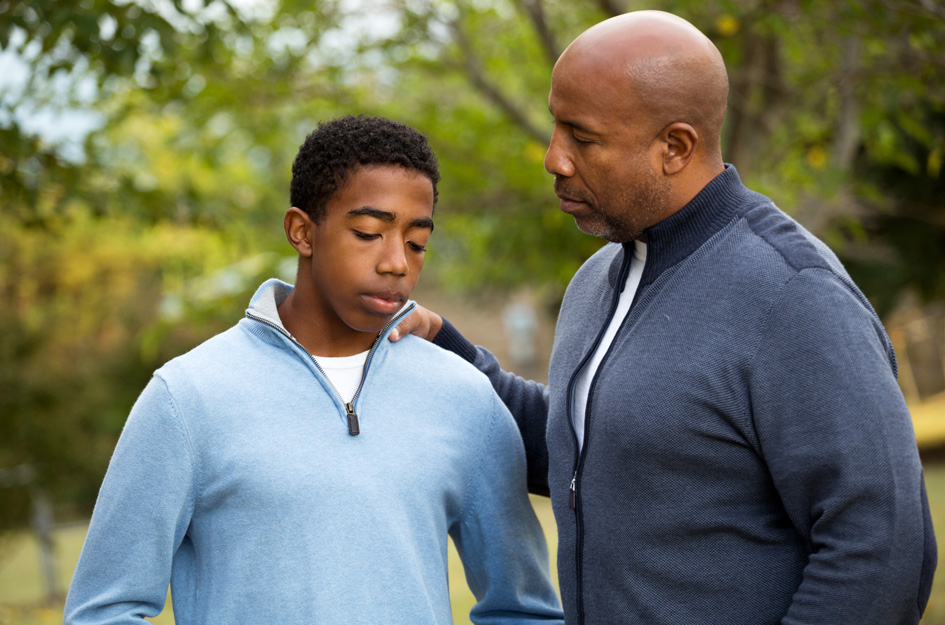

With anxiety and depression in adolescence on the rise, it’s important to know the signs of depression in teens and how to help your teenage with depression.
Mental health issues among young people have been steadily increasing for the past decade, according to the CDC’s Youth Risk Behavior Survey.
In fact, in a CDC study from 2019, 37% of high school students said they had experienced such persistent feelings of sadness or hopelessness in the past year that they couldn’t participate in their regular activities. And from that same study, about 1 in 6 students reported making a suicide plan in the past year.
While youth mental health issues were already on the rise pre-pandemic, the COVID-19 pandemic has exacerbated the stressors that young people were already feeling.
That’s why it’s more important than ever to know the signs of depression in teens – including recognizing red flags around emotional and behavioral changes – and knowing how to help.
Trained, caring staff at Boys & Girls Clubs establish trusting relationships and open dialogues that assist staff and youth in recognizing changes in thoughts, feelings and behaviors, as well as knowing when to get help.
Here are some ways to support youth in talking about their mental health and opening up about depression:
Depression doesn’t always lead to suicide ideation or attempts, but if you think your teen may hurt themselves or attempt suicide, seek help immediately. You can call the free, confidential National Suicide Prevention Lifeline at 1-800-273-TALK (8255) at any time.
Click here to read more guidance for communicating with someone who may be suicidal.
Boys & Girls Clubs of America provides youth mentorship, mental health services and meaningful life experiences that boost youth self-esteem, build confidence and contribute to healthy mental, emotional and physical wellbeing. Sign up for our newsletter to receive the latest resources and stories.
We use cookies to enhance your experience. Learn More.
Boys & Girls Clubs of America uses cookies to give you the best experience on our website. Read about cookies in our privacy policy. By closing this message, you consent to our use of cookies on this device in accordance with our policy unless you have disabled them.